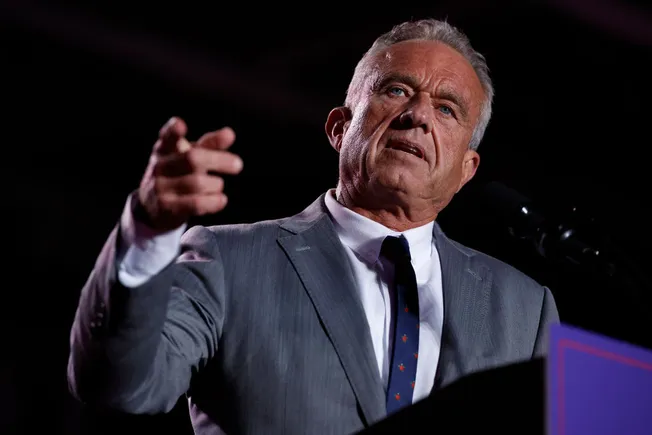One month into the new Trump administration, a whirlwind of executive orders and leadership appointments have slashed jobs, halted R&D funds, and limited health agency communications. Amid the changes, President Donald Trump signed an executive order establishing the Make America Health Again Commission, chaired by HHS Secretary Robert F. Kennedy Jr., to investigate and address the root causes of America’s escalating health crisis. The commission includes high-level government officials and is directed to devise a strategy that combats chronic diseases, particularly those impacting children.
Within the broader framework of the executive order is a focus on ensuring transparency, restoring the integrity of science, and eliminating undue industry influence in agency data. Specifically, the order aims to eliminate conflicts of interest related to federally funded health research as one of its main policy directives. These goals align with the priorities outlined by Kennedy in an op-ed last year. Additionally, Kennedy has expressed plans to bring radical transparency to advisory committees during his recent speeches.
The potential changes outlined in the executive order raise questions about the future of FDA advisory committees and drug approvals. FDA advisory committees provide independent expert opinions on scientific, technical, and policy issues and contribute to the decision-making process. While these committees already follow membership ethics guidelines, their role has been scrutinized in the past. Former FDA commissioner Dr. Robert Califf believed that advisory committee votes create confusion about their role in the decision-making process and advocated for fewer committee votes.
The FDA has historically aligned its actions with advisory committee votes about 88% of the time, according to a 2023 NIH study. Strengthening standards for conflicts of interest has been discussed for some time, but concerns have been raised about the potential challenges of finding experts to sit on the committees if new requirements are implemented.
Increasing transparency has been a key focus in addressing conflicts of interest among FDA advisory committee members. The MAHA commission’s suggestions to eliminate conflicts of interest among FDA advisory committees remain unclear, but Kennedy’s speeches suggest that these committees could be under scrutiny.
Amid speculation about potential changes to advisory committees, the FDA is already undergoing shifts. A communications freeze for HHS mandated by Trump has led to delayed or canceled advisory committee meetings in February. The uncertainty surrounding the freeze and rescheduling of meetings has caused anxiety and frustration among stakeholders.
Despite these challenges, adcomm meetings scheduled for later this year are still planned to proceed. However, the widespread job cuts across health agencies by the Trump administration could impact FDA work in general. With a diminished workforce, the approval process might involve more advisory committee meetings in the future. Staff reductions at the FDA and stricter conflict of interest rules could lead to more transparency and public involvement in the approval process.
Overall, the changes outlined in the executive order and the potential impact on FDA advisory committees and drug approvals raise important considerations for the future of healthcare regulation in the United States. As the MAHA commission continues its work, stakeholders will be closely monitoring how these changes unfold and how they may affect the drug approval process and public health outcomes.


